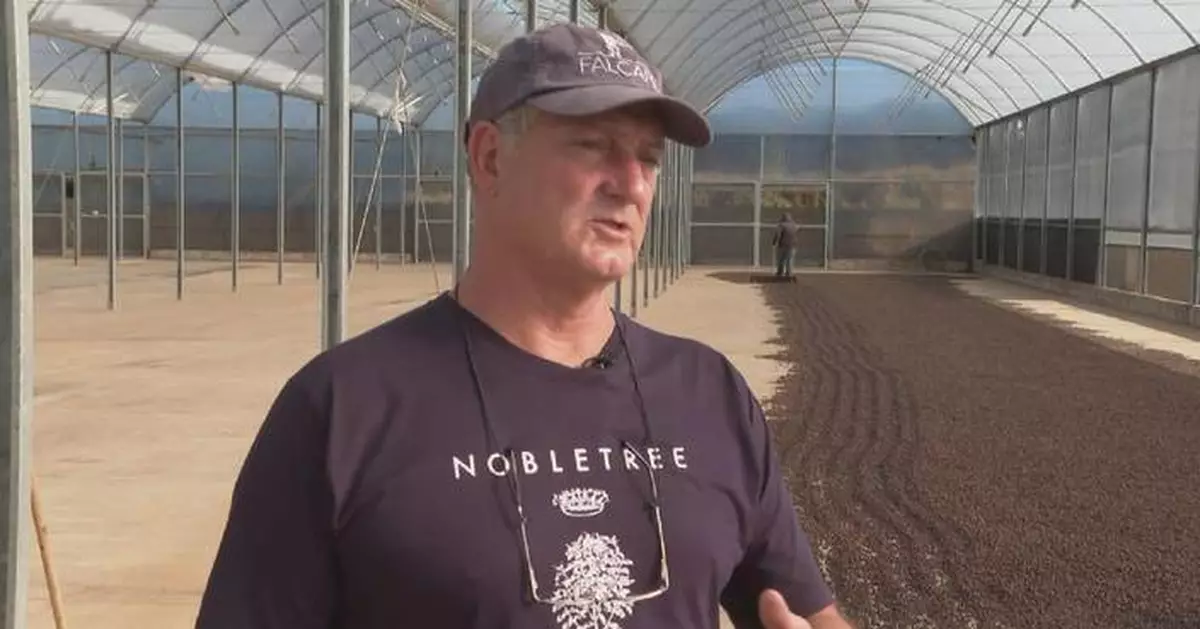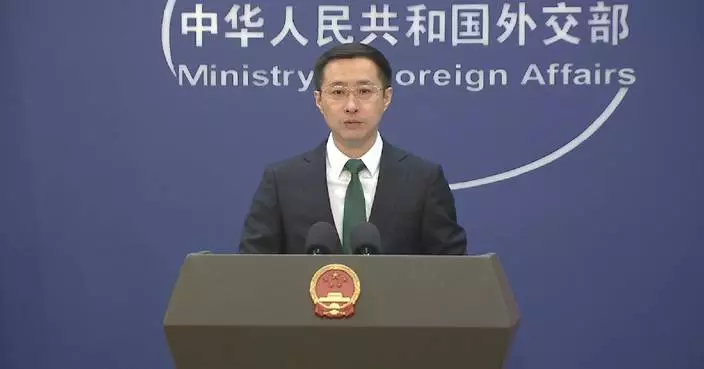Brazil, the world's largest coffee producer, has witnessed a rapid surge in its coffee exports to China in recent years, hitting a record high in 2023.
In the first half of 2024, over 510,000 bags (each weighing 60 kg) of Brazilian coffee were delivered to Chinese consumers.
In a coffee farm named "Santa Izabel Fazenda" in Minas Gerais state in southeastern Brazil, around 42,000 coffee trees are bearing coffee cherries of 40 different varieties. Just a few years ago, coffee beans grown in this farm started making their way to a new large market -- China.
Marquinho Florezi, the farm's manager, explained the fermentation and drying processes of fresh coffee cherries. "It's a good harvest, and we expect high-quality coffee since there was no rain during maturation. After harvesting, we wash the coffee beans and sort them by color, selecting ripe, green, and drier ones. Then, we place the beans in barrels for fermentation, which lasts 100 hours. This is the first batch to complete fermentation. After this, the coffee will be dried for another seven to ten days," said Florezi.
The processed coffee is usually sent to a nearby export company. The company began exporting coffee to China in 2017 with just 600 bags (each 60 kg) a year. In recent years, exports have increased significantly because of the rising demand and recognition of Brazilian coffee quality in the Chinese market.
"The coffee export volume to China has grown greatly. Last year, we exported about 10,000 bags of coffee (each 60 kg) to China," said Victor Vuolo, the company's manager.
In 2017, Brazil exported fewer than 100,000 bags of coffee to China, but by 2023, that number had risen to nearly 1.5 million sacks, according to data from the Council of Coffee Exporters of Brazil.
"China, which was ranked the 22nd on the list of Brazil's coffee exports until 2022, has now moved up to the sixth place, showing significant growth. Coffee has become a cultural symbol for the Chinese, and Brazil hopes to be the leading partner in supporting the expansion of the coffee culture in China," said Marcos Antonio Matos, general director of the council.
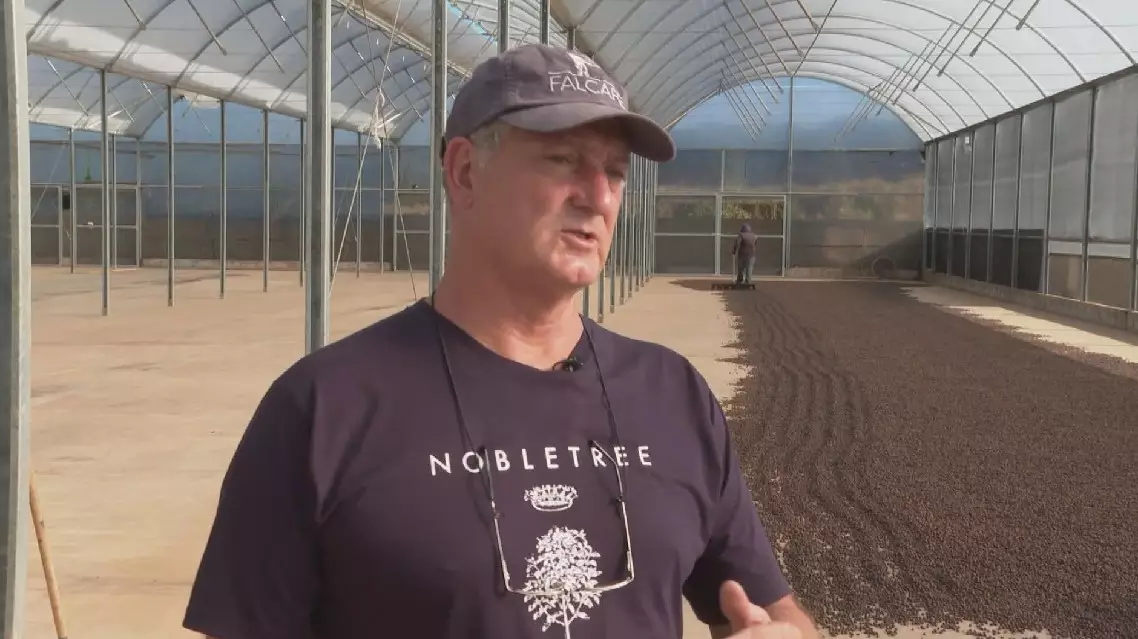
Brazil's coffee exports to China reach new high
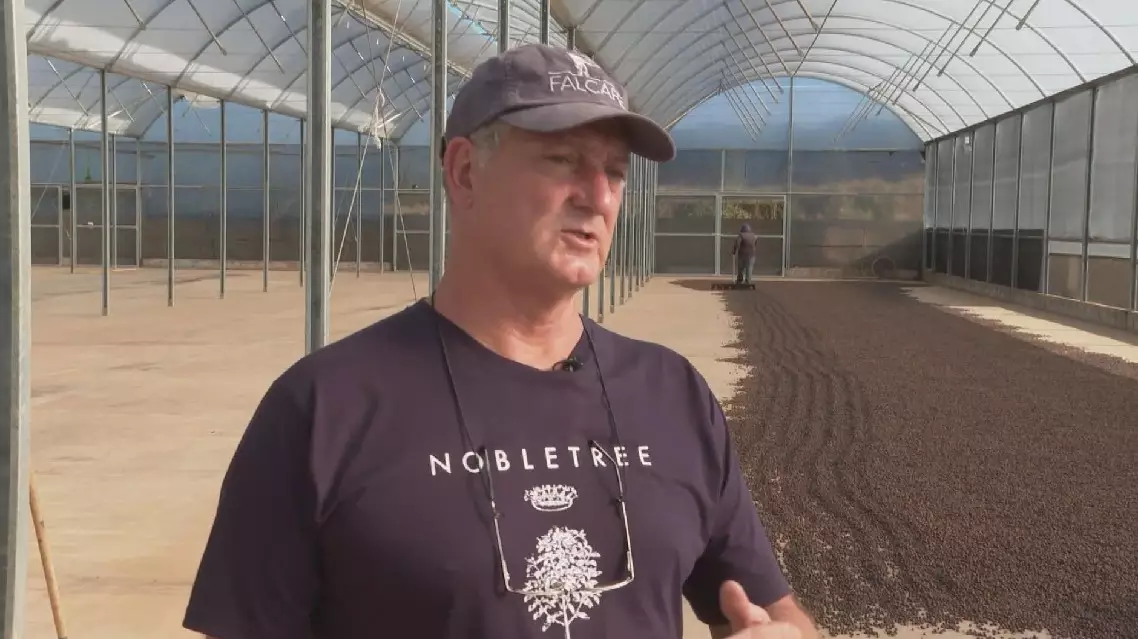
Brazil's coffee exports to China reach new high
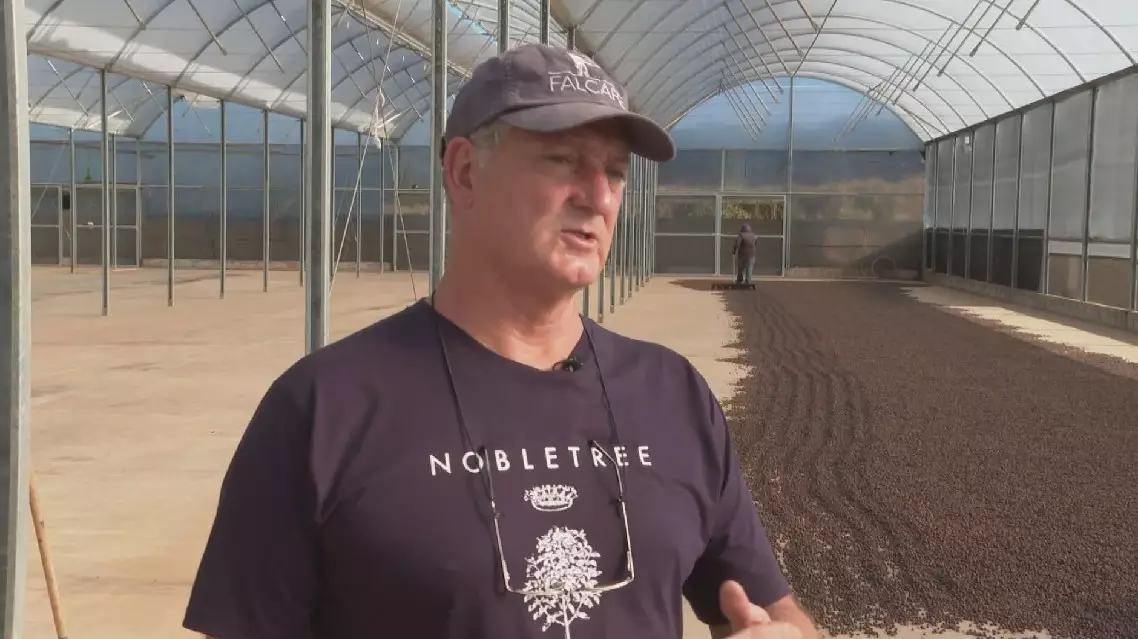
Brazil's coffee exports to China reach new high
As the uncertainty surrounding the Trump administration's tariff policies fuels inflationary fears in the United States, a number of consumers have resorted to panic buying amid growing concerns that costs could shoot up.
With price hikes expected on goods such as automobiles, beauty products, and even on everyday food items, many residents say they have been rushing out to stock up before prices climb even further.
In recent street interviews with the China Global Television Network (CGTN), New York residents shared how the impact of the ongoing tariff war is affecting their daily lives.
"Actually, I already have. I've already started stocking up. My mother has a whole stockpile, and she's panicking. But I told her we're going to be okay, as we live in New York City," said Amelia Guilford, a retail worker who was visiting her mother in the city.
With many anticipating a rise in inflation, many Americans are concerned about the long-term financial impact, and say they are now being more prudent with their money.
"I think we have to [spend more carefully]. Because otherwise you're going to be in real trouble economically or in debt, because if you spend more than what you get, that's going to be a lot of trouble," said Jose Pena, a janitor.
The tariffs, which directly affect the price of imported goods, have led to predictions of significant price increases, particularly on goods coming from China, which has been the biggest target of the tariffs.
"[Products] from China are going to be more expensive. I cannot exactly name what kind of products one by one, but every one that comes from China is going to be more expensive, without a doubt," said Pena.
Public frustration is evident, with some questioning the logic behind U.S. President Donald Trump's risky and unpredictable pursuit of tariffs on other countries, as the debate over the long-term consequences of the policy intensifies.
"I think he's just making enemies, and I trust him not. And I think he's making a mess of everything. I think it's all going to come around and flip back. The changes he's doing are completely unsustainable," said Lois Adams, a nurse, as she expressed her disapproval of Trump's approach.
Ordinary Americans are facing up to the harsh reality of rising prices and remain anxious about the future economic impact of the continuing trade war.
Jerome Wilkins, a security worker, voiced concerns about the broader societal implications of the tariffs, warning it will again be the poorest people who suffer the most.
"I think that the tariffs are horrible. I think that it's like privatizing America, and instead of America being a country for the people, it's a corporation for the rich. And it's just for them to get richer, while the poor get poorer. And that's basically how I feel," said Wilkins.
Meanwhile, the Chinese government announced it would raise tariffs on all imported U.S. goods from 34 percent to 84 percent, effective Wednesday, in response to the U.S. decision to escalate its "reciprocal tariffs" on Chinese products, further adding to the economic strain.

Tariff war triggers panic buying in US, raising public concerns over rising costs





